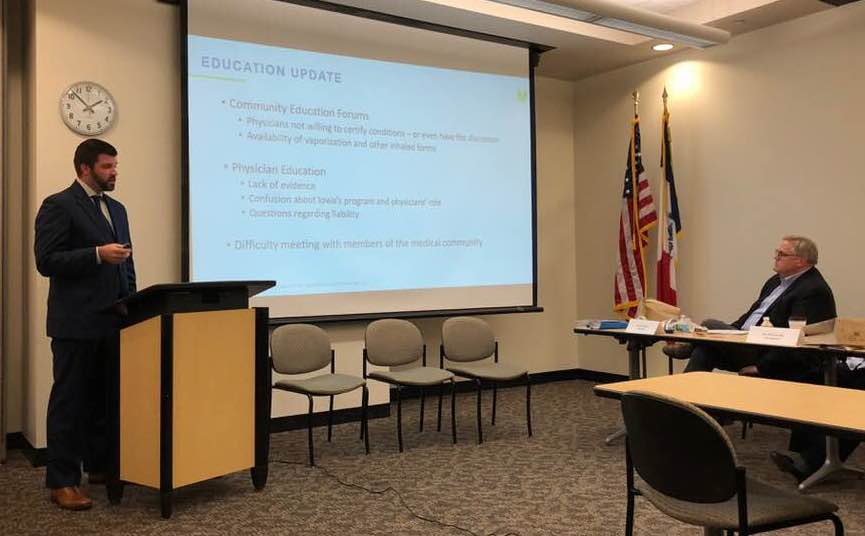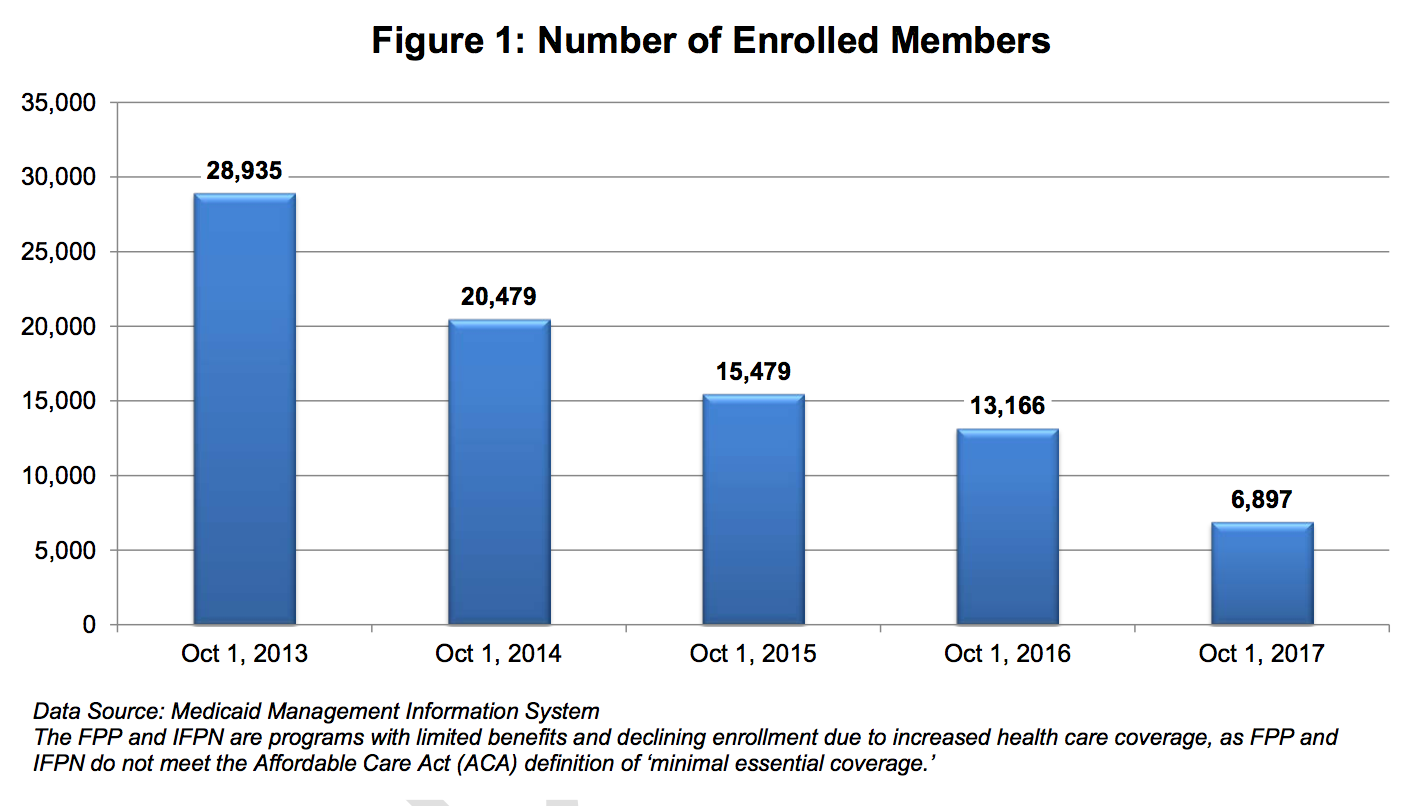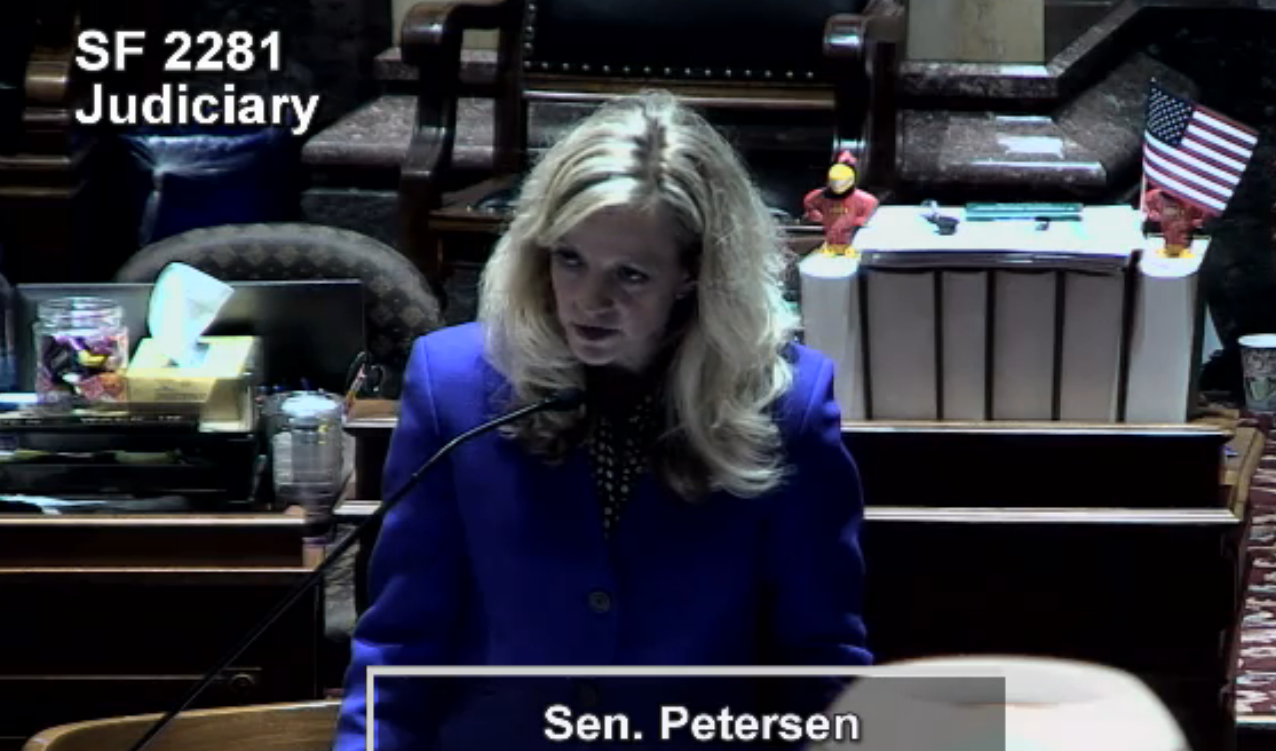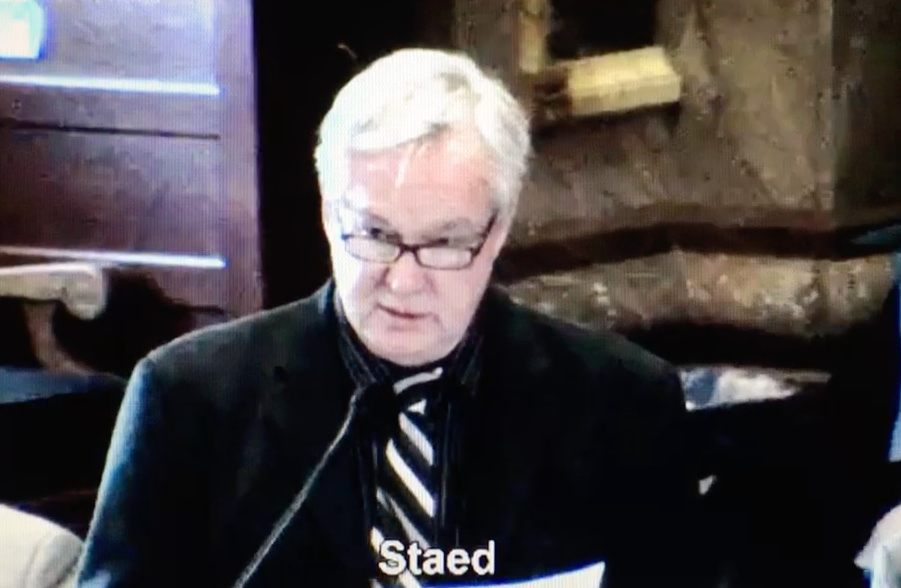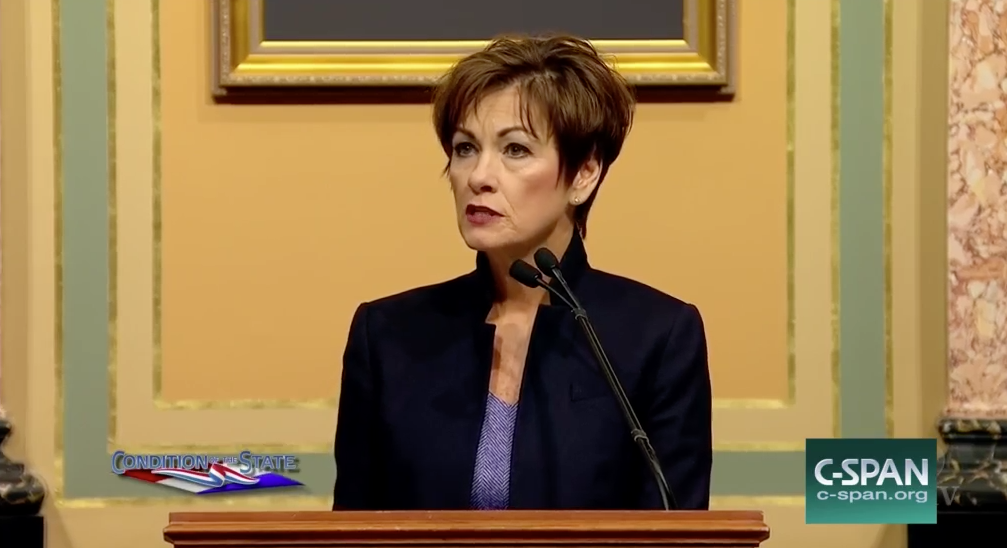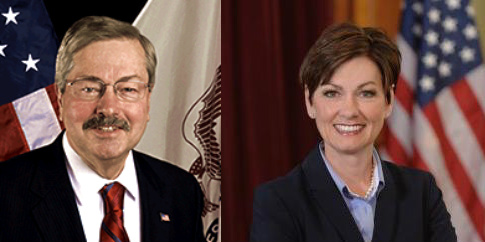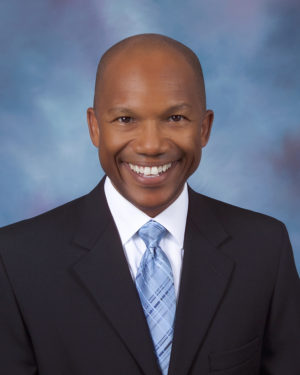Governor Kim Reynolds and Democratic challenger Fred Hubbell debated for the third and last time today in Davenport. Too bad not many viewers are likely to tune in at 8:00 am on a Sunday morning, because the discussion was yet another study in contrasts. For those who prefer a written recap, I enclose below my detailed notes. Click here and here for Bleeding Heartland’s analysis of the first two Hubbell-Reynolds debates.
As during the second debate, journalists kept the candidates on topic and within the time limit, so kudos to moderator David Nelson of KWQC-TV6 and panelists Erin Murphy of Lee Enterprises, Forrest Saunders of KCRG-TV9, and Jenna Jackson of KWQC-TV6.
Both candidates recycled many talking points from their first two meetings. My impression was that Reynolds performed about equally well in all three debates, while Hubbell improved each time. For instance, after Reynolds noted that Iowa had moved up in mental health rankings three years in a row and was now rated sixth in the country for mental health, Hubbell pointed out that the study the governor cited covered the years 2013 through 2015. That was before the Branstad/Reynolds administration closed some mental health institutions and privatized Medicaid, which has led to worse care for thousands of Iowans.
For those who prefer to watch the replay, KCRG-TV posted the video in a single file, which is the most user-friendly option. You can also find the debate on KWQC-TV (with closed captioning) and WOWT-TV’s websites, but you will have to watch a series of clips, with advertisements before each segment.



